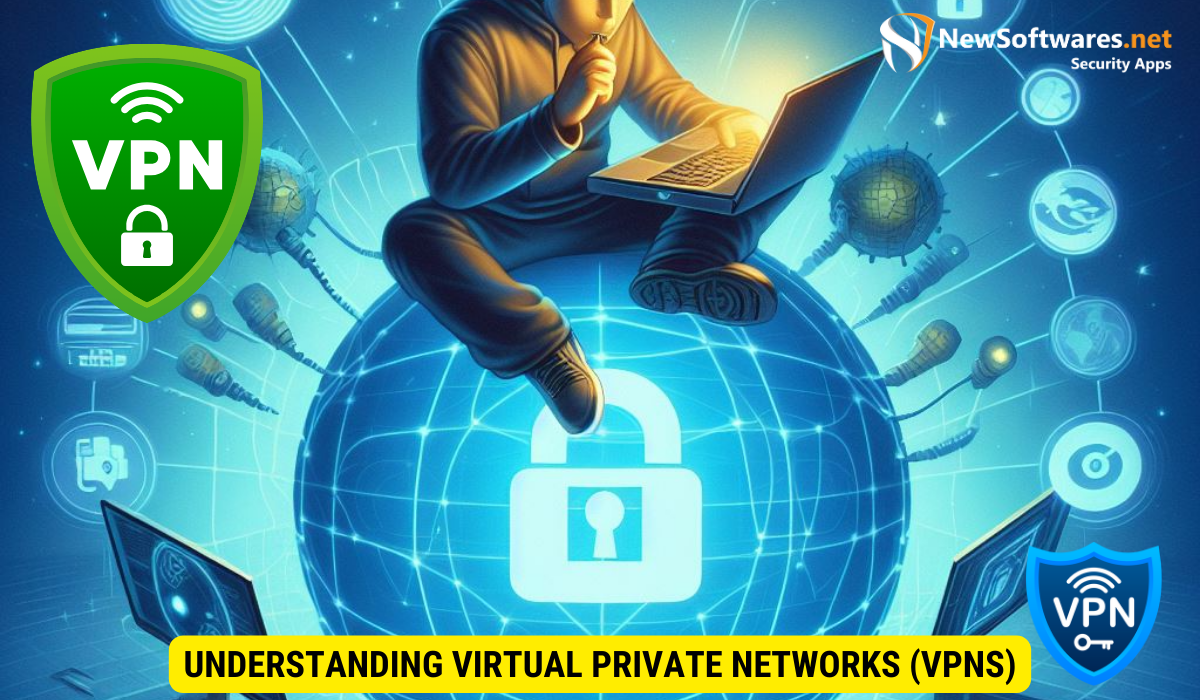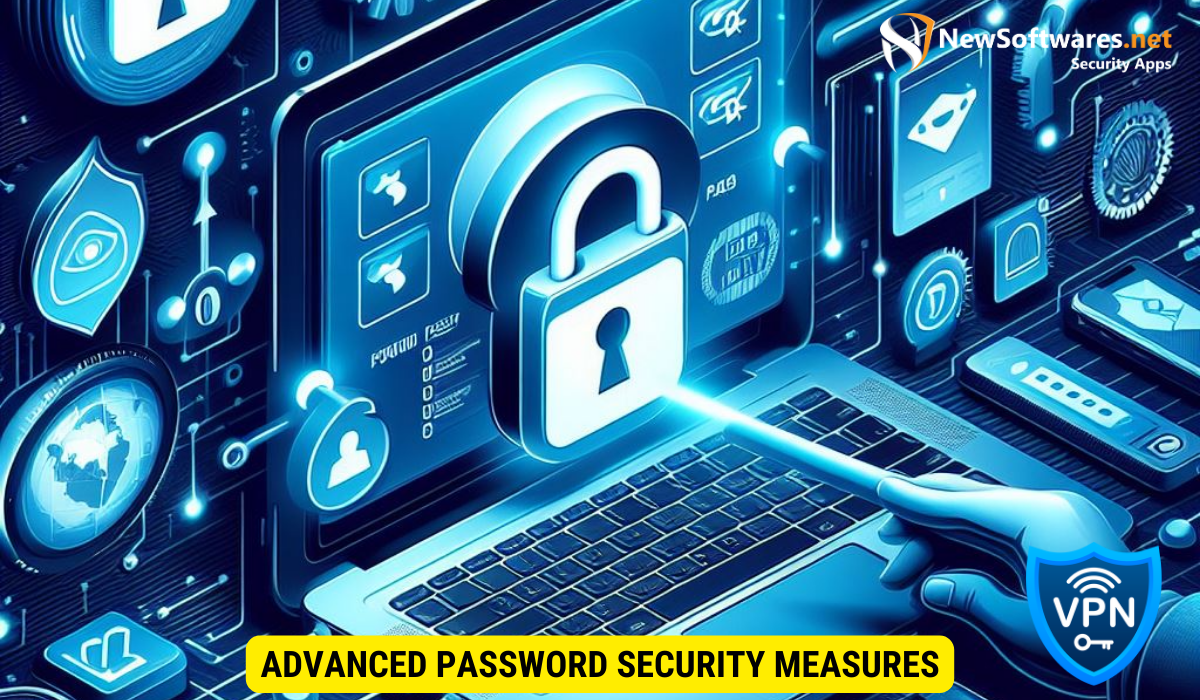Protecting your digital assets involves understanding VPNs and password security. VPNs encrypt your internet connection, while strong passwords and additional measures like two-factor authentication fortify your accounts.
In today’s digital age, securing your digital assets has become more important than ever. With the rise of cybercrime and the increasing value of personal and sensitive information, it is crucial to take proactive steps to protect your online data. Together, we will delve into the world of Virtual Private Networks (VPNs) and password security, providing you with the knowledge and tools you need to safeguard your digital assets.
The Importance of Digital Asset Protection
With the rapid advancements in technology, our lives have become increasingly intertwined with the digital realm. We store valuable information on our computers, smartphones, and cloud platforms, ranging from personal documents and photos to financial records and sensitive business data. These digital assets hold great value and need to be protected from unauthorized access and potential loss.
The Rising Threat of Cybercrime
Nowadays, cybercriminals are becoming more sophisticated and relentless in their attacks. They use various techniques such as phishing, malware, and ransomware to gain access to your digital assets. Once breached, they can wreak havoc on your personal and financial life, leading to identity theft, financial loss, and emotional distress.
The Value of Your Digital Assets
It’s not just about monetary value; your digital assets also hold sentimental value.osing precious memories captured in photos or videos can be devastating. Moreover, compromised personal information can lead to reputational damage and undermine your online presence.
Imagine the feeling of losing all your family photos, accumulated over years of special moments and milestones. These photos are not just pixels on a screen; they are a visual representation of cherished memories. From your child’s first steps to family vacations, these digital assets hold an irreplaceable sentimental value that cannot be quantified.
Furthermore, the impact of compromised personal information goes beyond financial loss. Your online presence, built over time through social media profiles, blogs, and professional websites, can be severely damaged. Cybercriminals can exploit your personal data to impersonate you, tarnishing your reputation and causing significant harm to your relationships and career prospects.
Understanding Virtual Private Networks (VPNs)

VPNs have gained significant popularity in recent years as a powerful tool for enhancing online privacy and security. A VPN creates a secure and encrypted connection between your device and the internet, preventing unauthorized access and protecting your data from prying eyes.
The Role of VPNs in Digital Security
A VPN acts as a protective shield by masking your IP address and encrypting your internet traffic. This makes it virtually impossible for cybercriminals to intercept or decipher your data. By routing your connection through secure servers located in different countries, VPNs also offer an additional layer of anonymity, making it harder for anyone to track your online activities.
How VPNs Protect Your Online Privacy
One of the primary reasons people use VPNs is to maintain their online privacy. With a VPN, your internet service provider (ISP), government agencies, and other third parties cannot monitor or track your online activities. VPNs also prevent websites and online services from gathering your personal information or tracking your location.
But how exactly do VPNs achieve this level of privacy and security? Let’s take a closer look.
When you connect to a VPN, your data is encrypted using complex algorithms. This means that even if someone manages to intercept your data, they won’t be able to read it without the decryption key. This encryption process ensures that your sensitive information, such as passwords, credit card details, and personal messages, remains safe and secure.
In addition to encryption, VPNs also employ various protocols to establish a secure connection. These protocols, such as OpenVPN and IKEv2, use advanced cryptographic techniques to ensure the integrity and authenticity of your data. By verifying the identity of the VPN server and encrypting the data sent between your device and the server, these protocols provide an extra layer of protection against potential threats.
Furthermore, VPNs offer a feature called “kill switch” that adds an additional layer of security. This feature automatically disconnects your device from the internet if the VPN connection drops. By doing so, it prevents any unencrypted data from being transmitted, ensuring that your sensitive information remains protected at all times.
So, whether you’re browsing the internet, streaming content, or accessing sensitive information, using a VPN can significantly enhance your online privacy and security. With its robust encryption, secure protocols, and additional features, a VPN acts as a fortress that shields your data from prying eyes and keeps your online activities private.
The Basics of Password Security
Passwords are the first line of defense against unauthorized access to your digital assets. Unfortunately, many individuals underestimate the importance of strong passwords and fall victim to cyberattacks.
Why Strong Passwords Matter
Using weak passwords or reusing the same password across multiple accounts greatly increases the risk of being hacked. Cybercriminals often use automated tools to guess passwords, and weak passwords can be easily cracked. By creating strong and unique passwords, you significantly reduce the chances of unauthorized access to your accounts.
Common Mistakes in Password Creation
Creating a strong password involves avoiding common pitfalls. Many people make the mistake of using predictable patterns or easily guessable information, such as birthdays or pet names, in their passwords. It is important to choose a combination of uppercase and lowercase letters, numbers, and special characters to create a unique and robust password.
Advanced Password Security Measures

While strong passwords are crucial, additional security measures can further fortify your online accounts and protect your digital assets.
Two-Factor Authentication and Its Benefits
Two-factor authentication (2FA) adds an extra layer of security to your accounts by requiring you to provide a second verification step, typically a unique code sent to your mobile device, in addition to your password. This greatly reduces the risk of unauthorized access and enhances the overall security of your digital assets.
Password Managers: What They Are and Why You Need One
Password managers are tools that help you generate, store, and manage strong passwords for all your online accounts. These applications encrypt and secure your passwords, ensuring that you don’t have to remember them all. By using a password manager, you can have unique and complex passwords for each account, without the worry of forgetting them.
Balancing Convenience and Security
While it’s important to prioritize security, finding the balance between convenience and protection is also crucial to maintaining good digital hygiene.
The Risks of Auto-Save and Auto-Fill Features
Auto-save and auto-fill features can be convenient, but they carry certain risks. If your device gets into the wrong hands or if you accidentally save sensitive information, it can lead to unauthorized access to your digital assets. It is always advisable to disable these features or use them cautiously.
Secure Ways to Remember Your Passwords
Remembering numerous unique passwords can be challenging. Instead of writing them down on sticky notes or saving them in unsecured files, consider alternative methods such as using password-protected documents, utilizing secure cloud-based password storage, or employing mnemonic devices to help you recall your passwords.
Key Takeaways
- Cybercrime is on the rise, making it essential to protect your digital assets.
- VPNs help safeguard your online privacy and security by encrypting your data.
- Creating strong and unique passwords is crucial for preventing unauthorized access.
- Two-factor authentication adds an extra layer of security to your accounts.
- Password managers help generate and manage strong, unique passwords for all your accounts.
FAQs
Q: Are free VPNs safe to use?
A: Free VPNs may not offer the same level of security and privacy as paid VPN services. It’s important to thoroughly research and choose a reputable VPN provider that prioritizes user privacy.
Q: Should I use the same password for different accounts?
A: No, using the same password for multiple accounts increases the risk of being hacked. It is recommended to use unique passwords for each account.
Q: Can I trust password managers to keep my passwords secure?
A: Reputable password managers utilize strong encryption protocols to ensure the security of your passwords. However, it’s important to choose a trusted password manager and follow best practices, such as using a strong master password and enabling two-factor authentication.
Q: Do I need to change my passwords regularly?
A: It is generally recommended to change your passwords periodically as a precautionary measure. However, if you have strong and unique passwords in place, regularly changing them may not be necessary unless there has been a security breach or if you suspect unauthorized access.
Q: What should I do if I suspect my accounts have been compromised?
A: If you believe your accounts have been compromised, take immediate action by changing your passwords, enabling two-factor authentication, and contacting the respective service providers to report the incident. It’s also a good idea to monitor your accounts for any suspicious activity.
Conclusion
Protecting your digital assets is a multifaceted task that encompasses both VPNs and password security. By understanding the rising threat of cybercrime, the value of your digital assets, and implementing strong password practices, as well as utilizing additional security measures like two-factor authentication and password managers, you can significantly enhance your online security. Remember, finding the right balance between convenience and security is key to ensuring the safety of your valuable digital assets.
